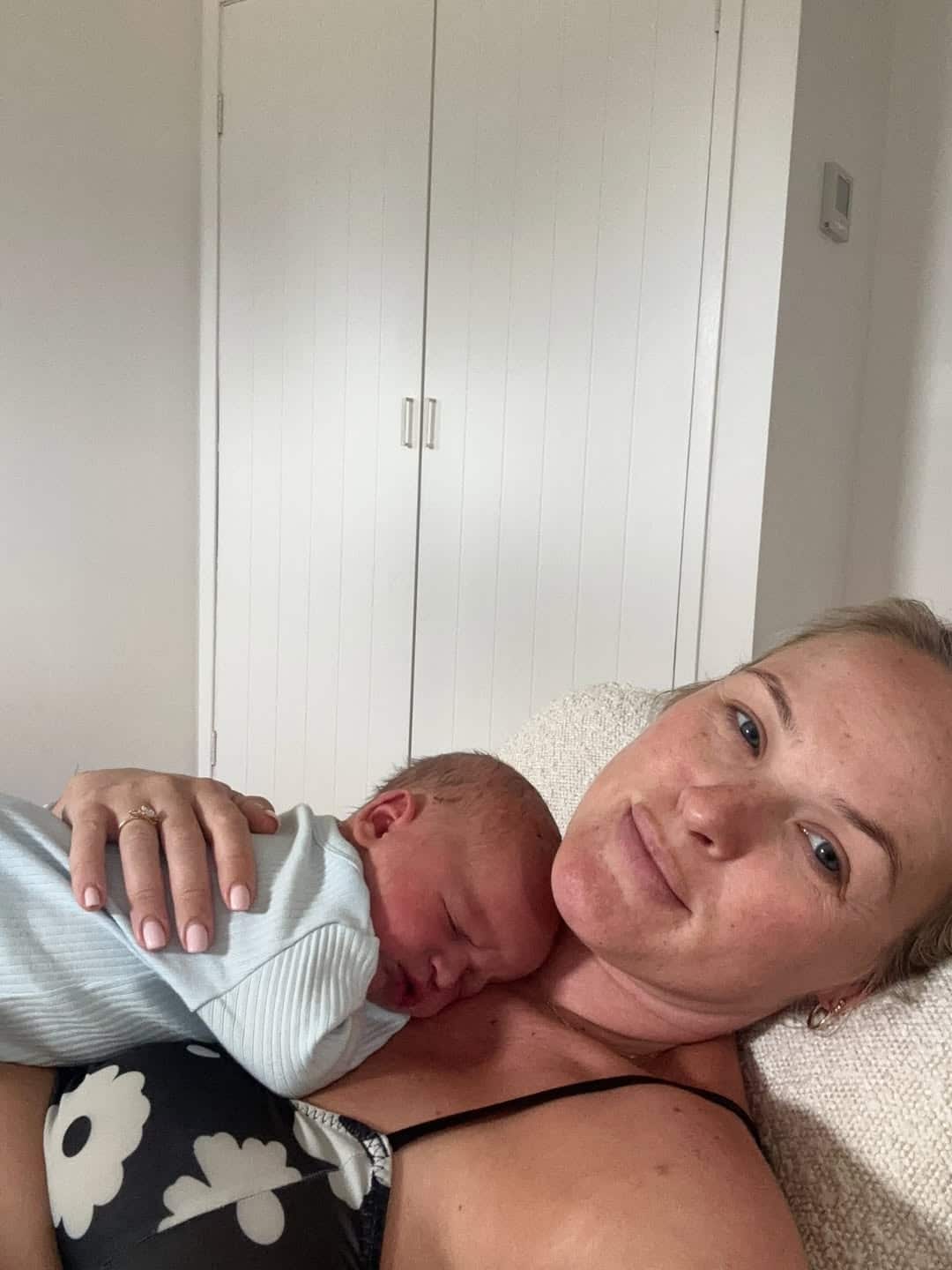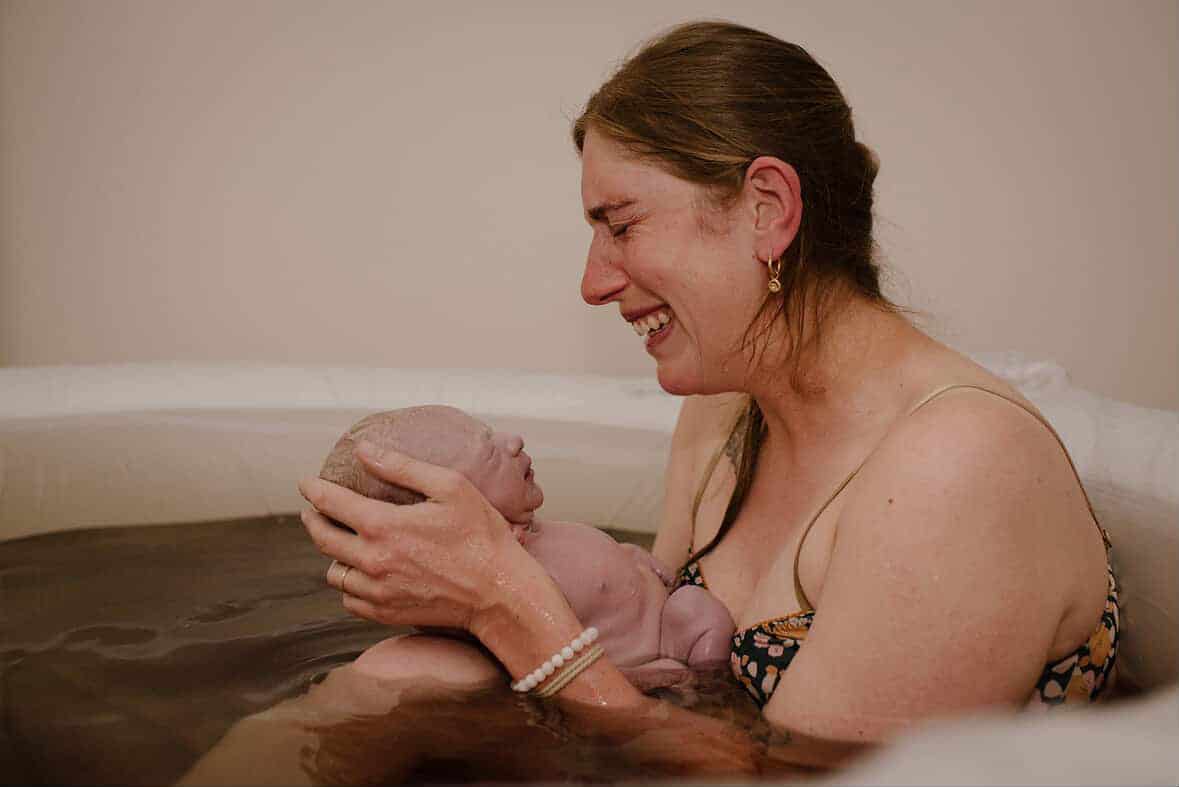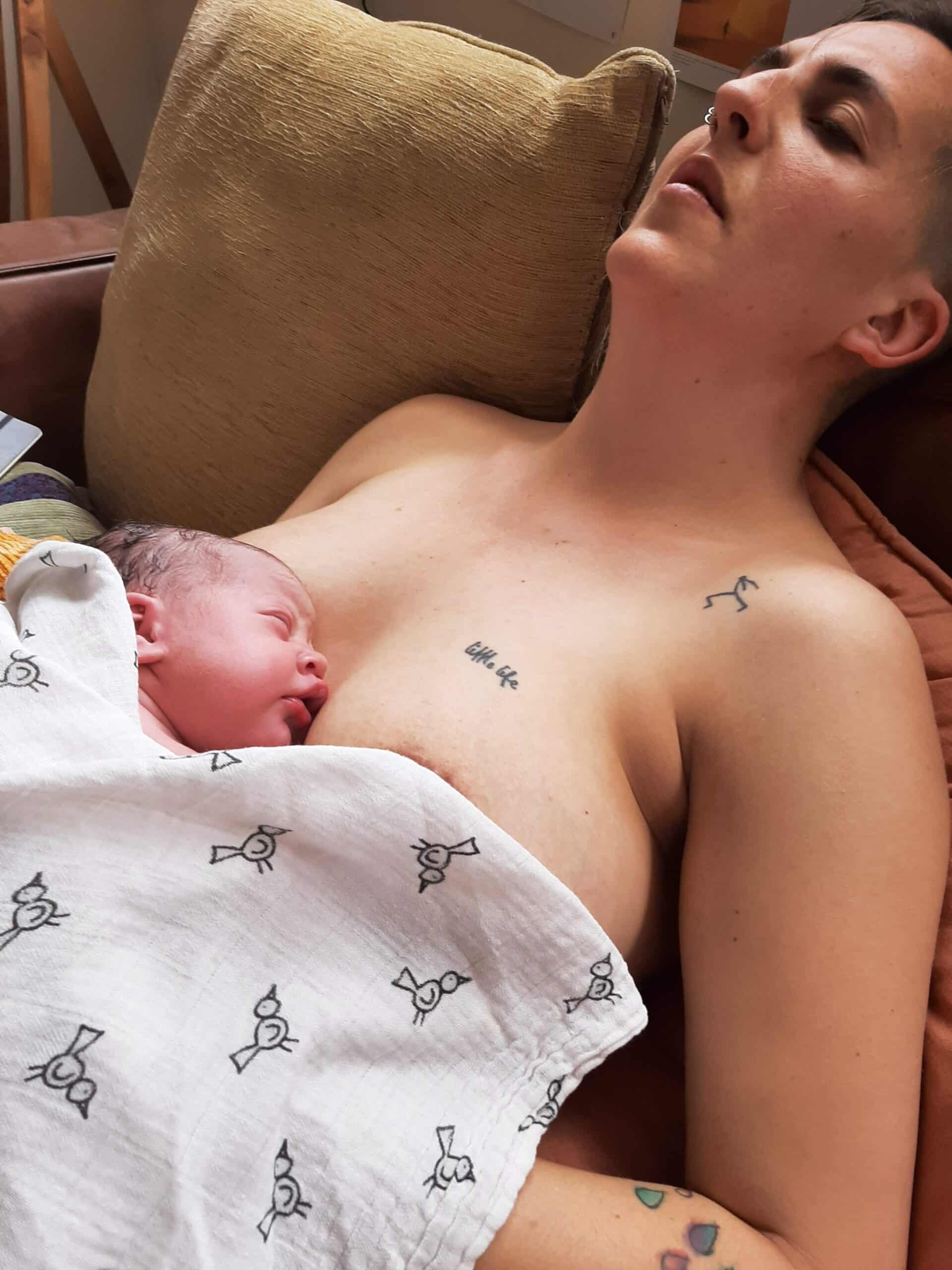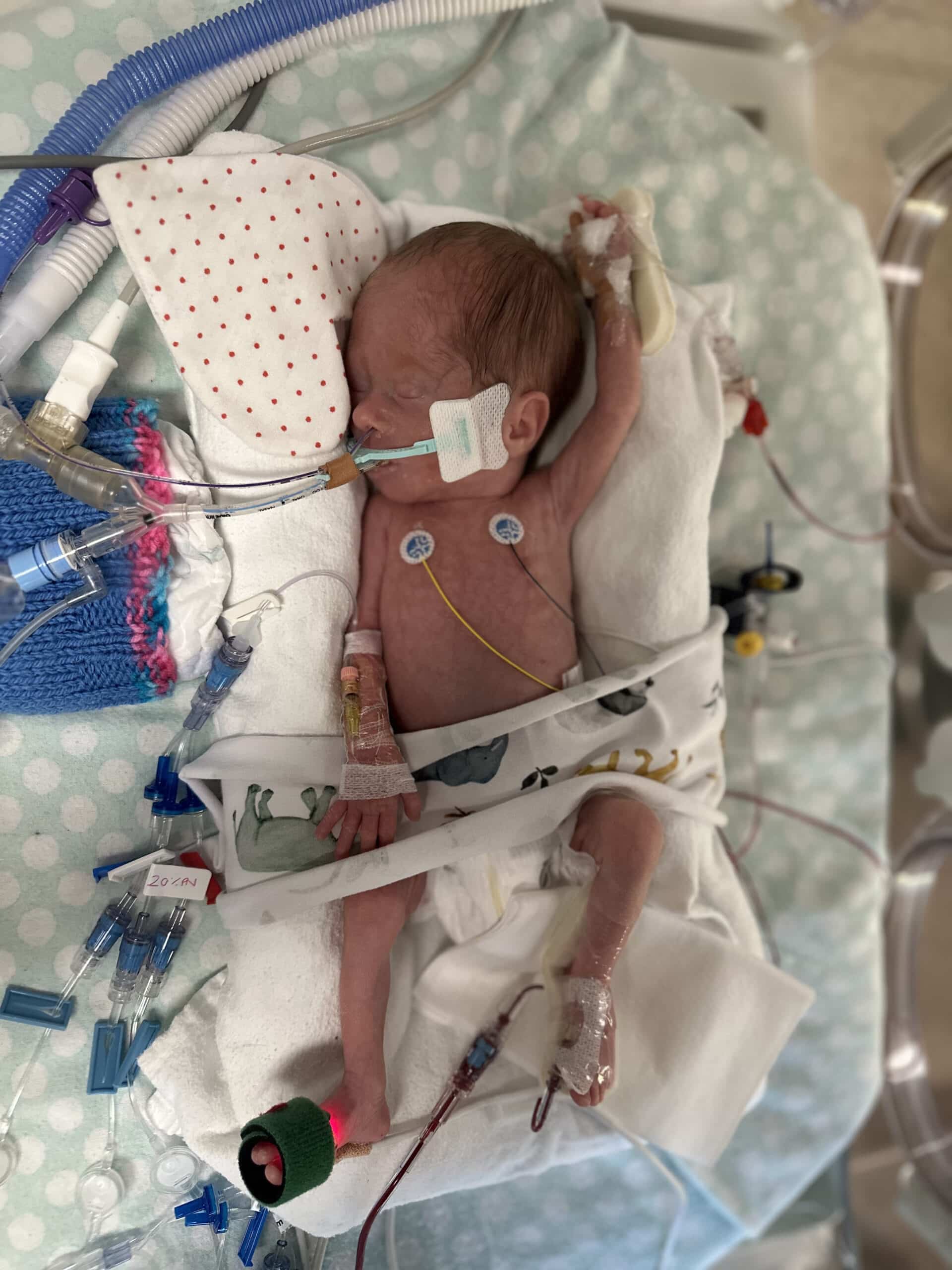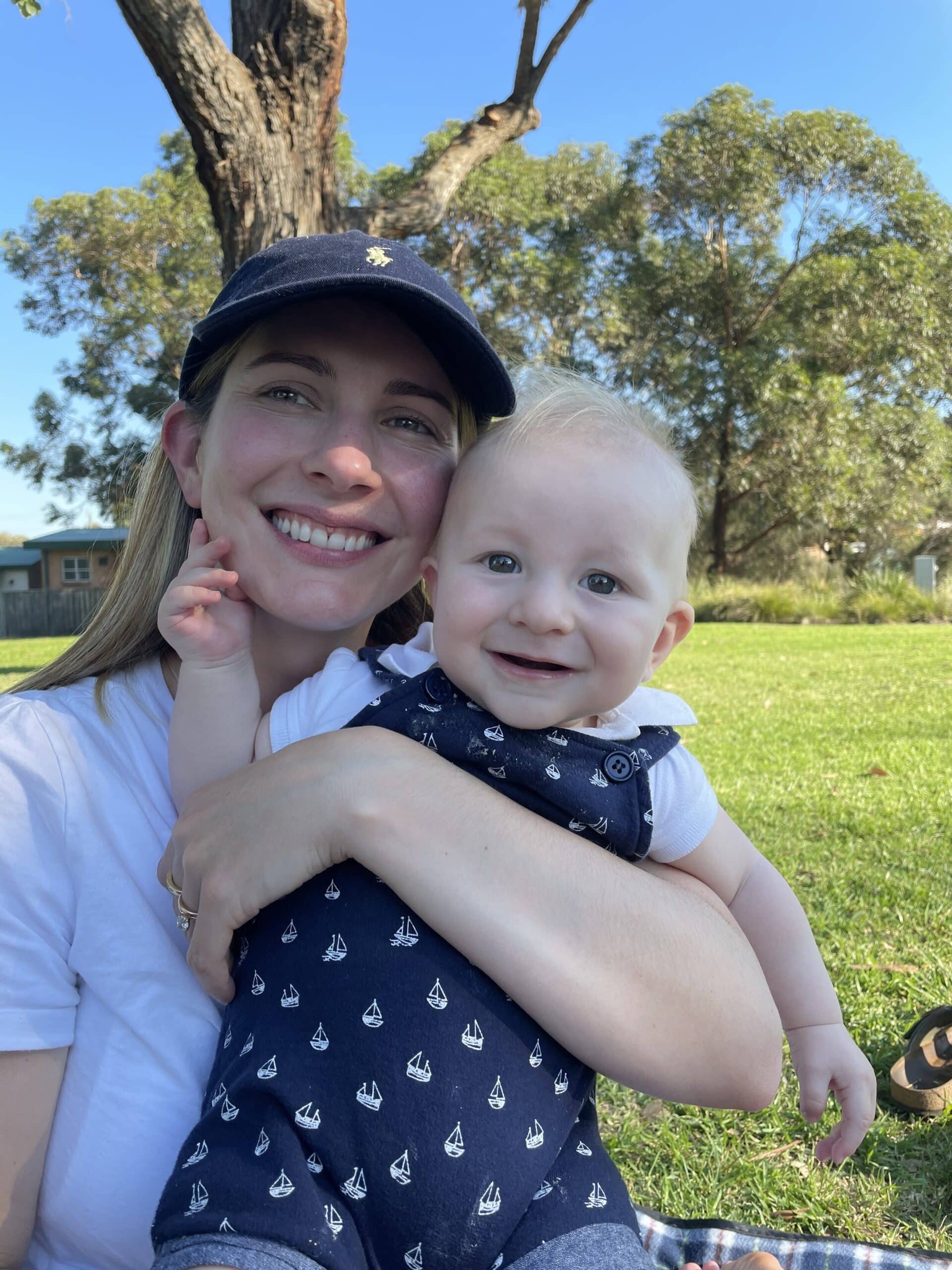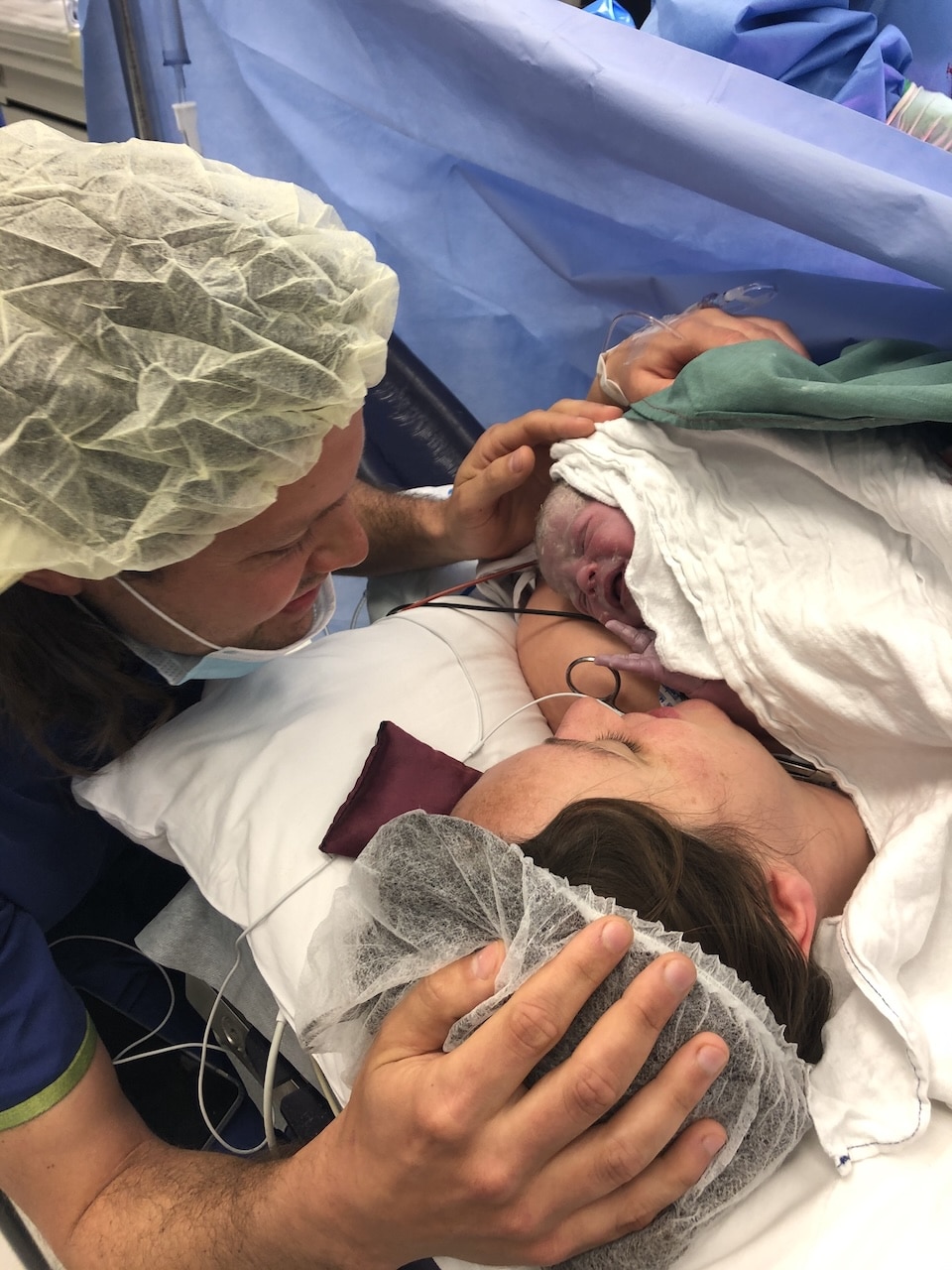Podcasts Alysha – Birth Trauma and the Mother-Infant Bond: A Psychologist’s Postpartum Journey
EPISODE 515
Alysha – Birth Trauma and the Mother-Infant Bond: A Psychologist’s Postpartum Journey
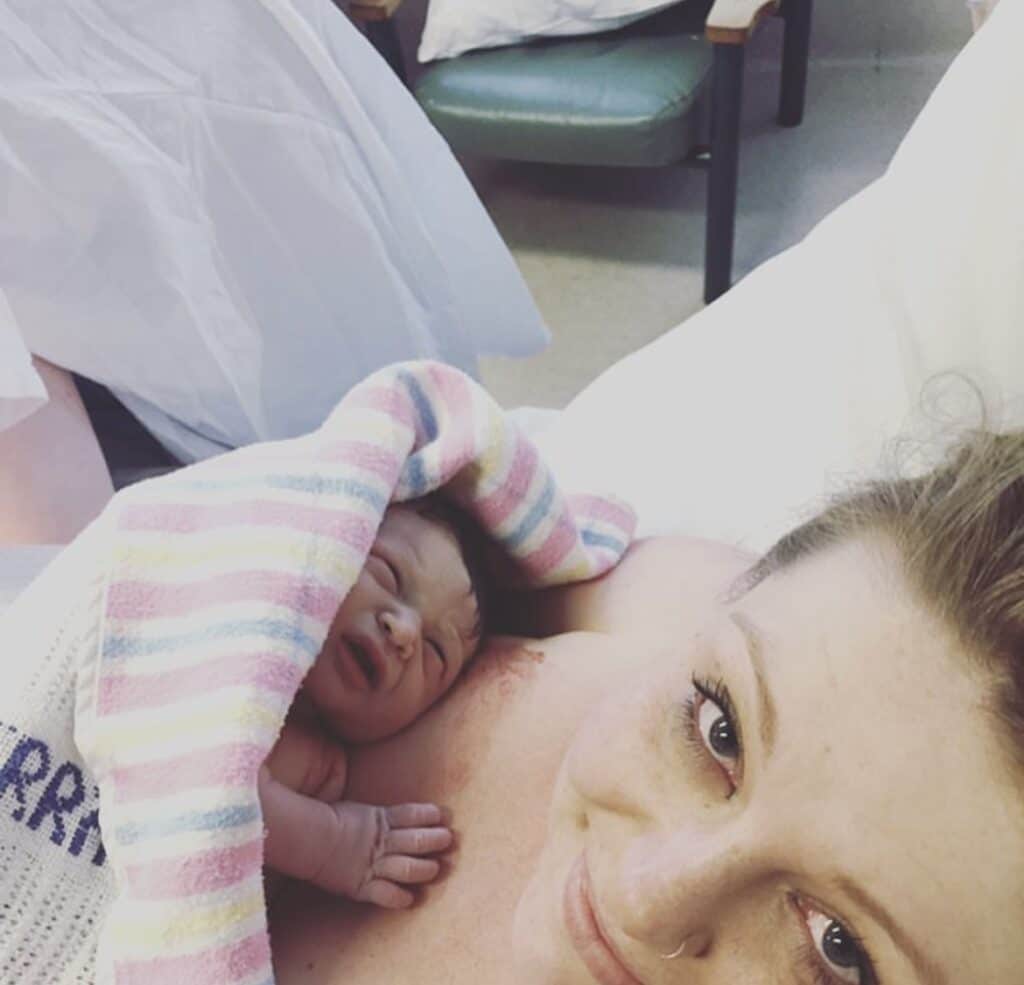
Despite entering her first birth with optimism and no inherent fear, Alysha’s experience took a challenging turn during the final stages of labour. “Right at the end of my birth, lots of choice and control were taken away from me,” she recalls. Against her body’s instincts, she was repeatedly forced onto her back for monitoring, marking the beginning of what would become a traumatic cascade of events.
The birth concluded with an unconsented episiotomy, instrumental delivery, and what was labelled as shoulder dystocia, though Alysha later discovered many of these complications might have been prevented had she been allowed to birth in her preferred position. Throughout these interventions, she experienced what she describes as obstetric violence, with care providers making disrespectful comments: “She’s not pushing hard enough. What’s she doing?”
The impact of this trauma manifested immediately in Alysha’s relationship with her newborn. “I was completely detached,” she shares. “I remember saying, ‘Are you sure that’s my baby?'” This disconnection persisted into the early weeks, with Alysha going through the motions of care without emotional engagement. It wasn’t until her son was three weeks old that she had a profound realization: “I hadn’t talked to him. I hadn’t looked at him and told him what I was doing. I hadn’t touched him with affection.”
Despite her professional background in psychology, or perhaps because of it, Alysha found herself caught between head and heart. “I’d have moments of being in my heart and being really upset and really distressed, and then I think it’s safer for me to be clever,” she reflects. This oscillation between emotional and intellectual responses made it difficult to integrate her experience and for her to seek help and support.
Her trauma manifested in intense anxiety about her baby’s survival. She couldn’t sleep while he slept, constantly checking his breathing. The standard postpartum depression screenings didn’t capture her experience – she scored just below the cutoff for concern, but as she told her nurse, “This is not me. This is not how I feel.”
The healing journey began gradually around four months postpartum when Alysha noticed she was finally “dancing” with her baby – responding instinctively rather than intellectually to his needs. However, this realization brought its own grief for the early months they’d lost.
When unexpected pregnancy brought the prospect of a second birth, Alysha’s initial reaction of “sheer terror” confirmed her unresolved trauma. After careful research and advocacy for her needs, she ultimately chose a home birth with private midwifery care. The contrast between births was stark: “I felt so present. I knew exactly what was happening. I was cognitive, whereas in my first birth, no thoughts whatsoever.”
This dramatic difference in birth experiences led directly to her current research. “I just felt so sad,” she shares about realizing how different the early bonding experience could be. “I would look at my big boy and think, ‘Oh, you didn’t get this.'” Now, through her PhD research, she’s working to understand the impact of birth trauma on both mothers and babies – an area she found surprisingly understudied.
Alysha emphasises the biological underpinnings of these experiences, explaining how stress hormones interfere with oxytocin – the crucial hormone for both birth and bonding. “The main hormone affiliated with bonding is oxytocin and oxytocin is suppressed by stress. So the second you have a stressful birth, you are impacting the oxytocin system.”
Her story powerfully illustrates the long-term impacts of birth trauma on both mother and child, while offering hope through her healing journey and her work to create change in the field. Through her research and advocacy, Alysha continues to bridge the gap between professional understanding and personal experience of birth trauma, working to ensure better outcomes for future mothers and their babies.
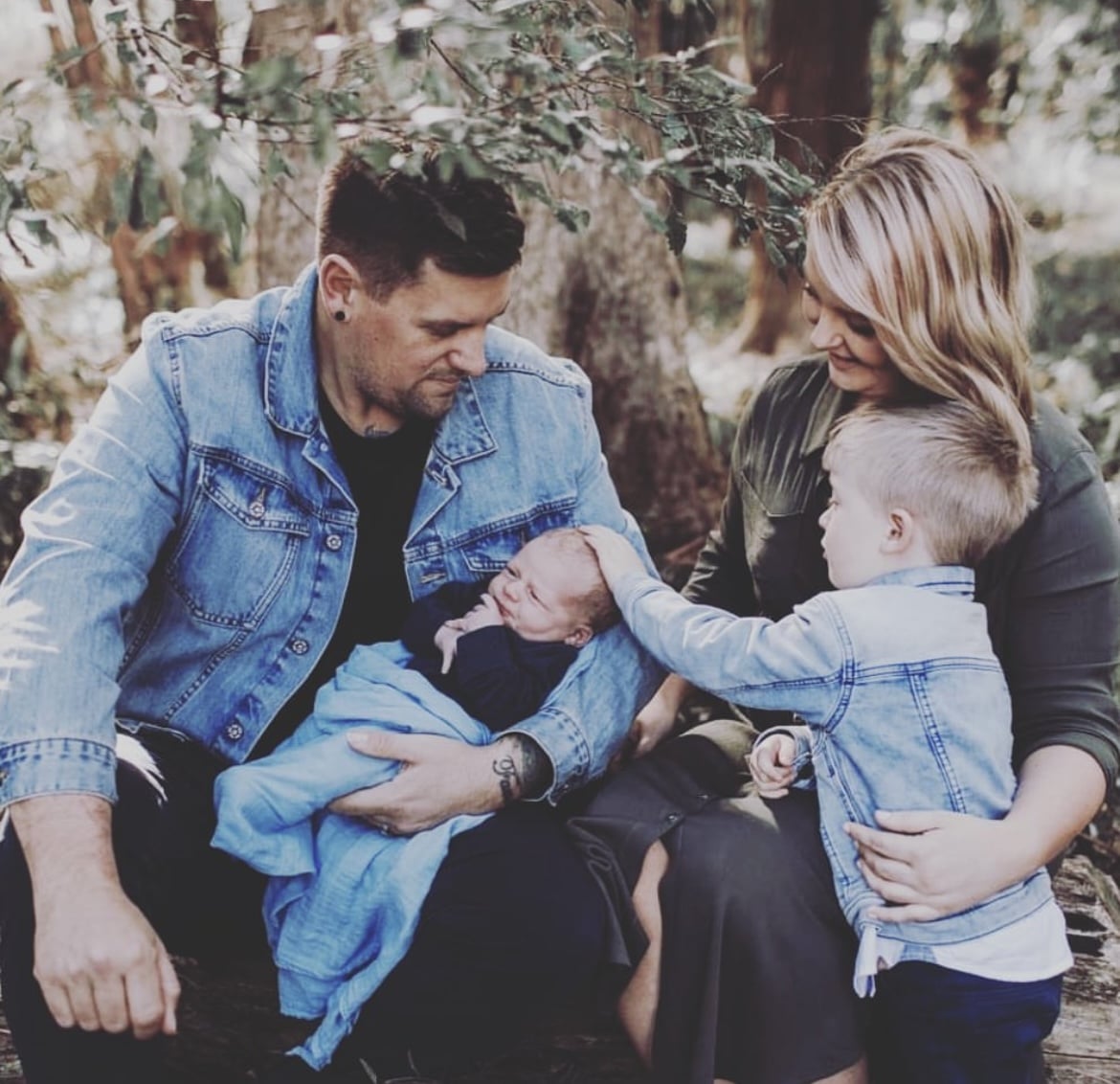
Topics Discussed
Birth trauma, Mother-Infant Bond
Categories
Related Products
-
Birth Meditations
$49.00Narrated by Sophie Walker, these soothing and informative meditations help you feel supported and confident around birth.
Join the conversation
Sign up to get the latest updates, freebies, podcast releases straight into your inbox
@AustralianBirthStories
Follow along with us
@AustralianBirthStories
Follow along with us
@AustralianBirthStories
Follow along with us
@AustralianBirthStories
Follow along with us
@AustralianBirthStories
Follow along with us
@AustralianBirthStories
Follow along with us
@AustralianBirthStories
Follow along with us
@AustralianBirthStories
Follow along with us
@AustralianBirthStories
Follow along with us
@AustralianBirthStories
Follow along with us
@AustralianBirthStories
Follow along with us
@AustralianBirthStories
Follow along with us

